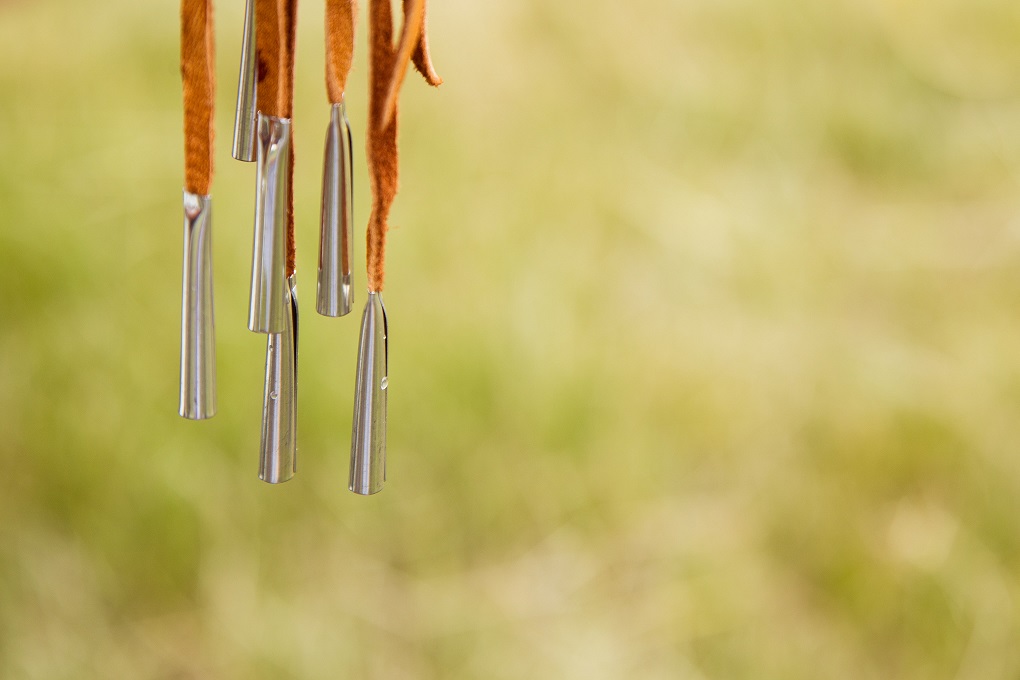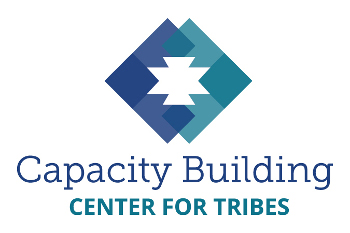3. Ensure tribal staff, advocates, attorneys, and expert witnesses are informed and effective when advocating for our children.
Tribal leaders need to know that tribal staff, advocates, attorneys, and expert witnesses understand how the state handles ICWA cases, how tribal codes reflect tribal sovereignty throughout the process, and especially the legal process in court. Additionally, all parts of tribal government should work together to ensure the success of a case, including courts, law enforcement, education, Tribal TANF, and others. Some things to consider:
- Remember that a tribe’s child protection codes and policies and procedures provide structure to social services and give confidence to leadership that children’s cases are being competently managed.
- The tribe’s social worker or advocate needs to see the notices as soon as possible and be informed on the timelines by which the tribe needs to respond to notice.
- Tribal social services need to work closely with their enrollment office to expedite responses to ICWA notices and make a determination if the child is a member or eligible for membership.
- If the tribe has a court, are you able to decide promptly if you will take jurisdiction?

- Tribes need to inform the state or county social worker what resources are provided by the tribe and should also identify family of the child who is being removed for appropriate ICWA placement.
- The tribe should be able to contact the foster parents of their ICWA eligible child, particularly if the child is in a non-Indian placement, for the purpose of offering cultural services, especially for those children in urban areas.
- Tribal leaders should ensure that there is proper documentation and record-keeping for all ICWA cases.
"What is life? It is the flash of a firefly in the night. It is the breath of a buffalo in the wintertime. It is the little shadow which runs across the grass and loses itself in the sunset."
